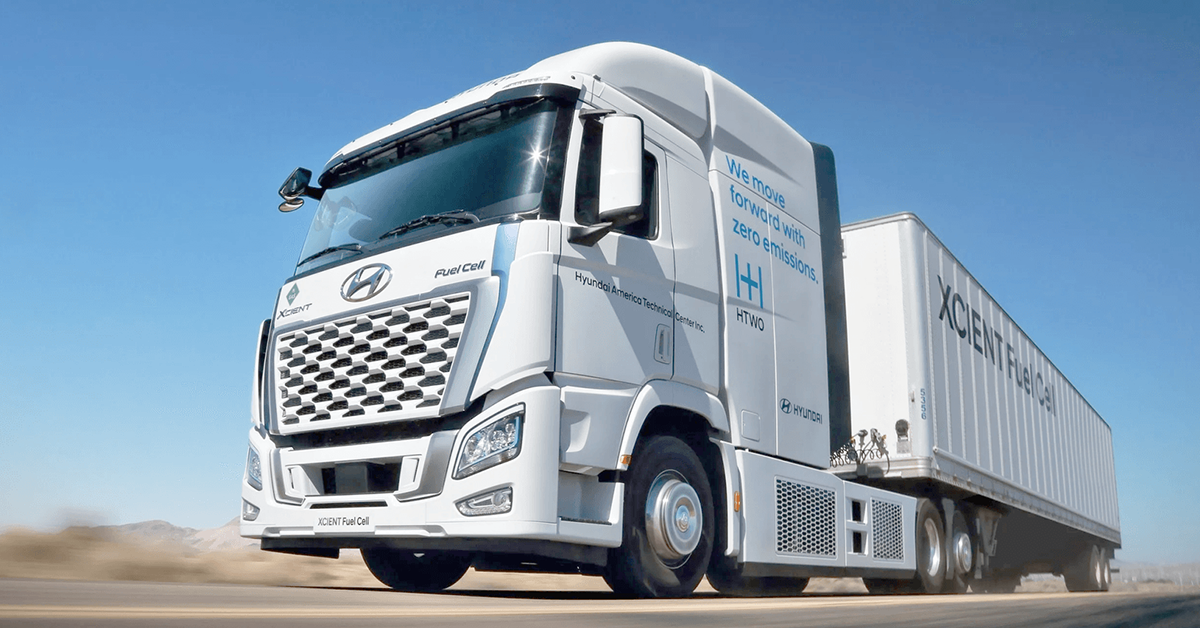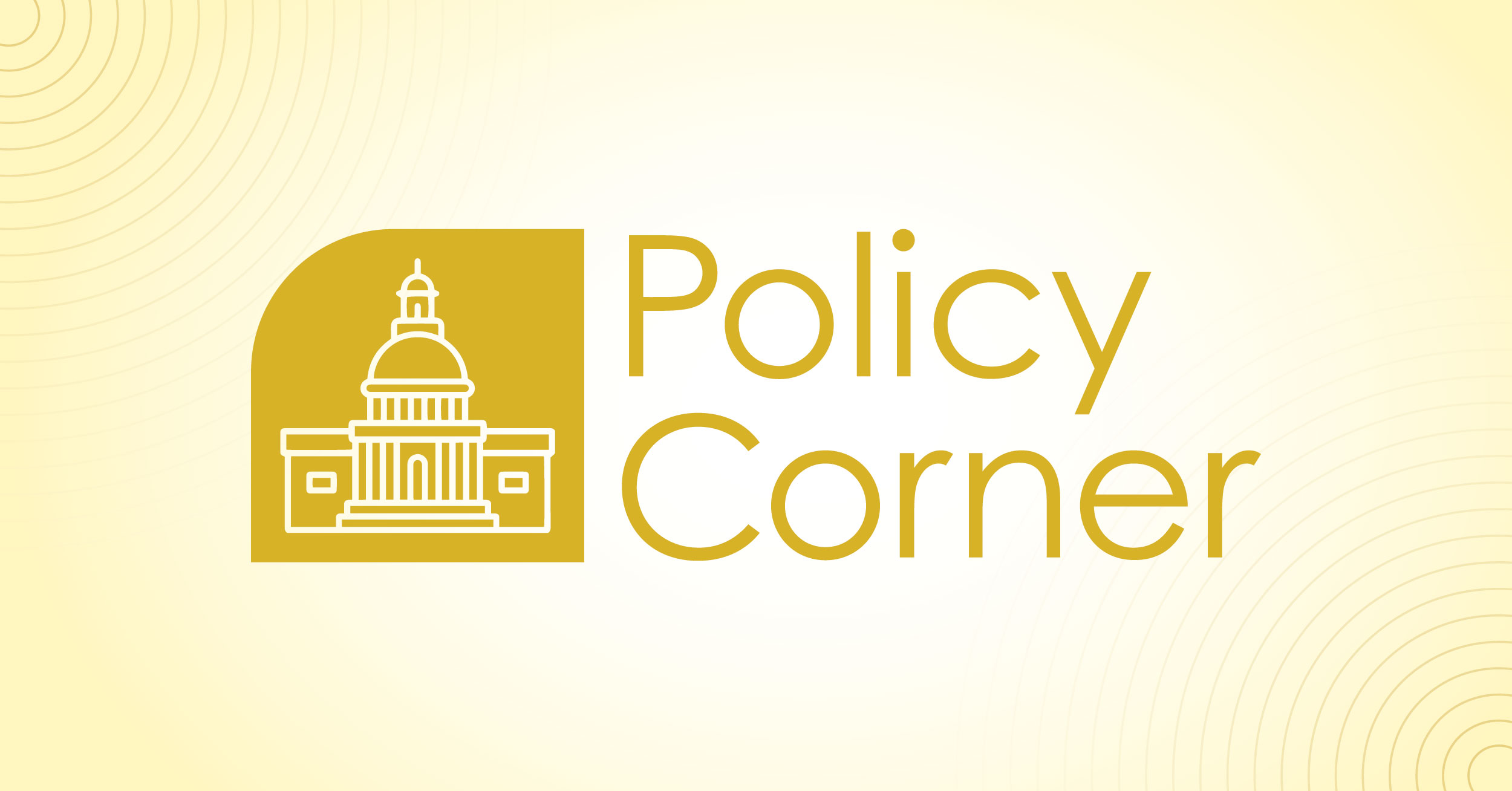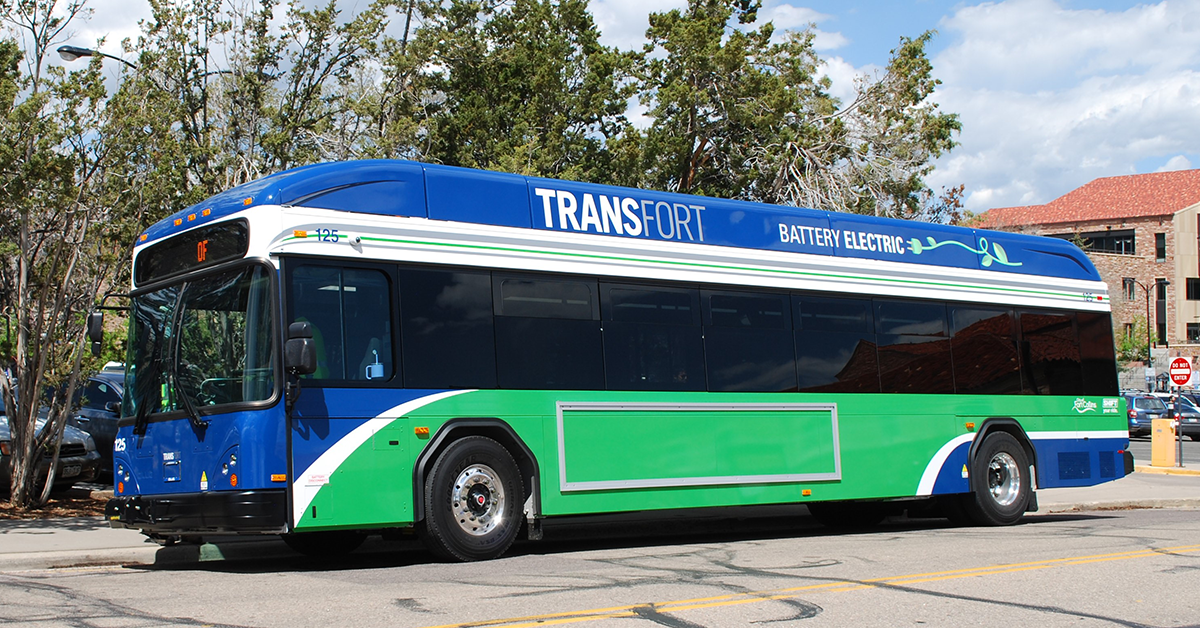
In September, CTE hosted the eighth-annual Zero Emission Bus Conference online
--gathering over 1,000 attendees from 39 different countries around the world. Over the course of three days, six main webinar sessions featured 34 speakers and panelists with expertise in fleet operations, bus manufacturing, and public policy.
These are the key trends and reflections based on this year's conference:
We need both fuel cell and battery electric technologies.
Operators should consider both technologies from a holistic vantage point to truly appreciate which will best meet their needs. A lively debate demonstrated that both hydrogen fuel cell and battery-electric buses will play a crucial role in zero-emission transportation. This session highlighted the cost and operational trade-offs between both technologies, particularly at various scales. CTE helps operators identify the best technology solution for their unique context, and conducts thorough planning and analysis to back those decisions.
The future of big data will guide decision making and technology development.
The growing sophistication of bus performance analytics software allows operators to better plan and manage fleet operations. These tools allow for real-world benchmarking of energy efficiencies and costs. In Session 6: Innovations at Scale, panelists from Anaheim Transportation Network and Santa Clara Valley Transportation Authority presented on how they have used Key Performance Indicators (KPIs) to track and communicate their electric bus fleets' successes. CTE helps fleets across the country track the best KPIs for their needs and make the most of their data.
Fleet transition is happening everywhere.
A few years ago, most full fleet transition planning projects in the U.S. were only in California; today, operators throughout the country and across markets are looking to go 100% zero-emission. The Session 2 panel featured operators from transit, universities, schools, and airports who shared their transition plans. As more fleets move to 100% zero-emission, the role of planning to define how and when to make efficient incremental investments will only expand. CTE helps operators create and implement strategic transition plans that minimize risk and ensure success.
Overcoming challenges requires collaboration.
Making the transition to zero-emission buses takes proper planning and analysis, but even the most strategic planners may face unexpected hurdles. In Session 1: Cross-Market Operations and Technology Implications, presenters from StarMetro, Sacramento International Airport, and Gaylord Community Schools discussed common challenges to getting to zero. The panel discussion that followed allowed technology experts to offer potential solutions, demonstrating the value of knowledge sharing and working together. CTE encourages operators to advocate for the change they seek and persist in their pursuit of a fully zero-emission fleet.
We're bringing stakeholders together to create a zero-emission future.
As a nonprofit organization, CTE takes pride in building and maintaining diverse relationships across the industry. Each year, we bring zero-emission bus champions together --from operators to manufacturers to advocates. Conference speakers share diverse perspectives and recent developments from the field, and attendees develop connections that will shape their journey to zero-emission. These are the champions that will build a transportation sector free of harmful emissions. We hope you'll join us in Denver on September 15-17 for 2021 Zero Emission Bus Conference we continue to pursue a brighter future --for our communities and our planet.





